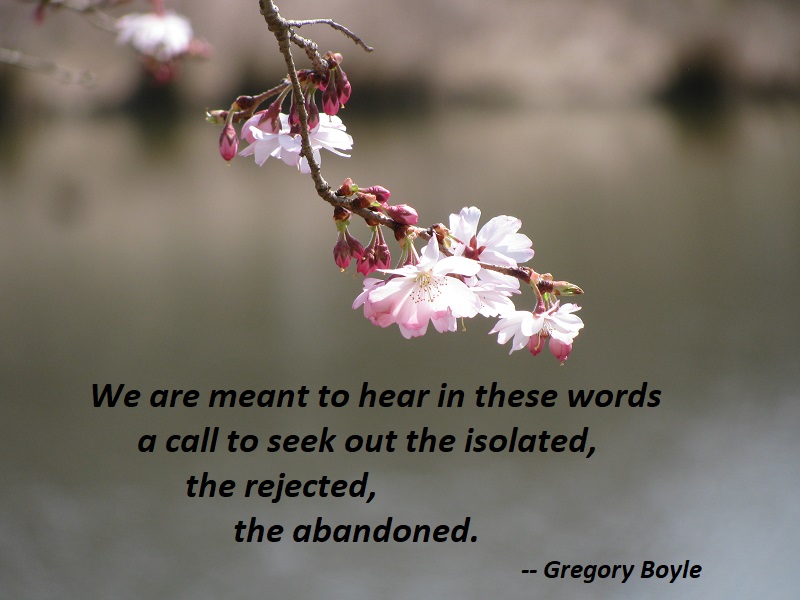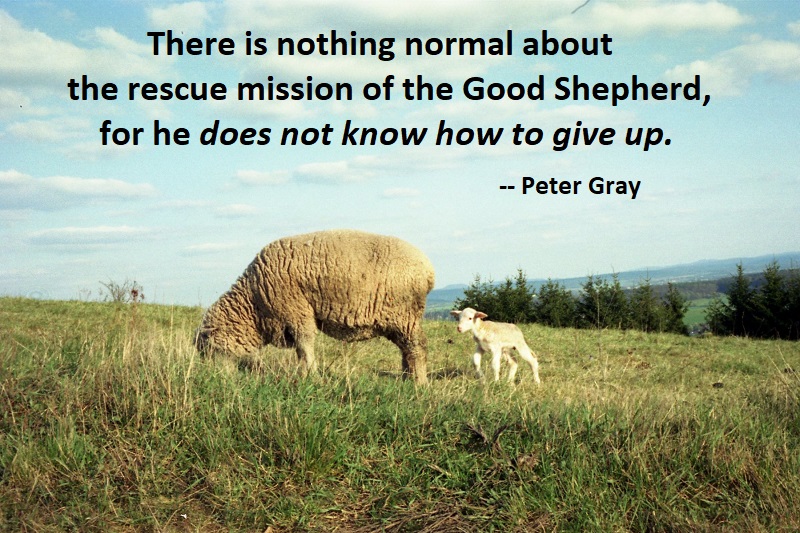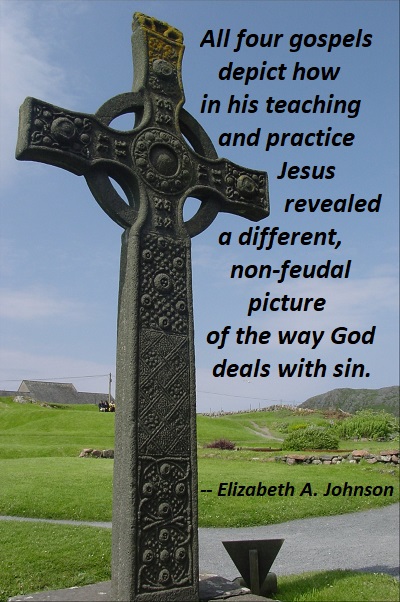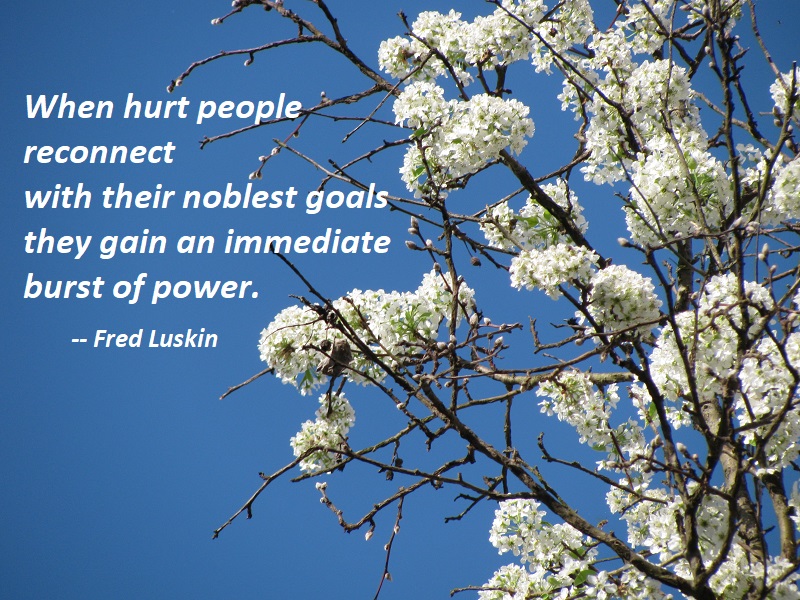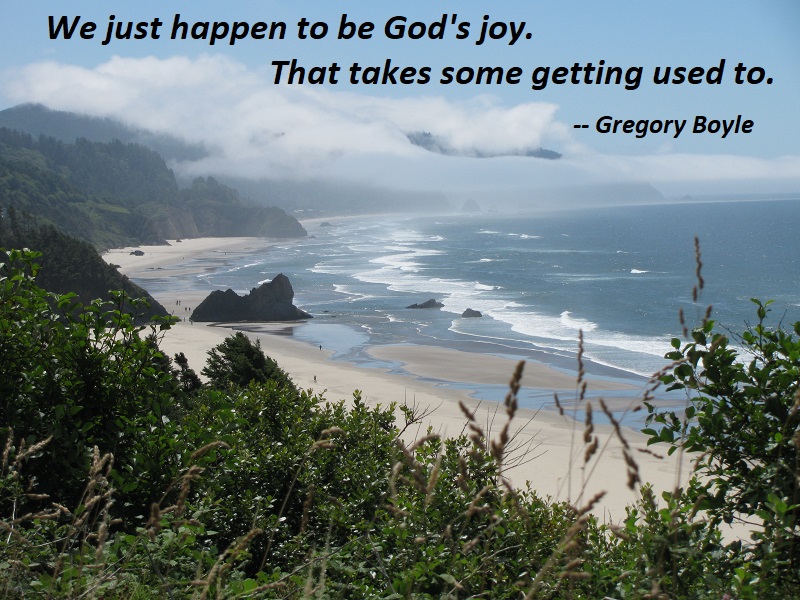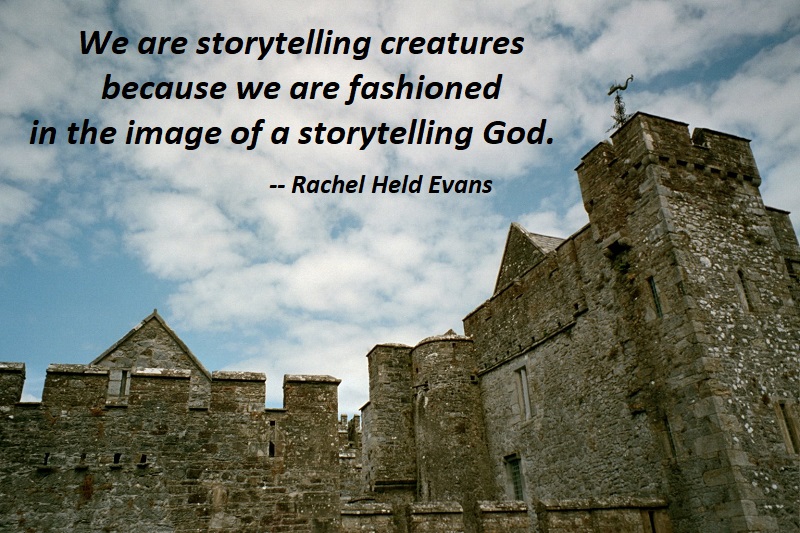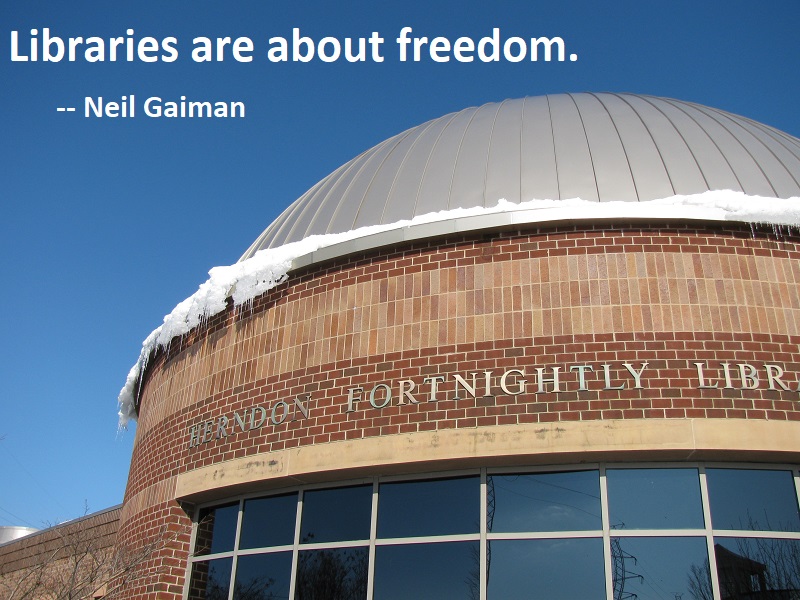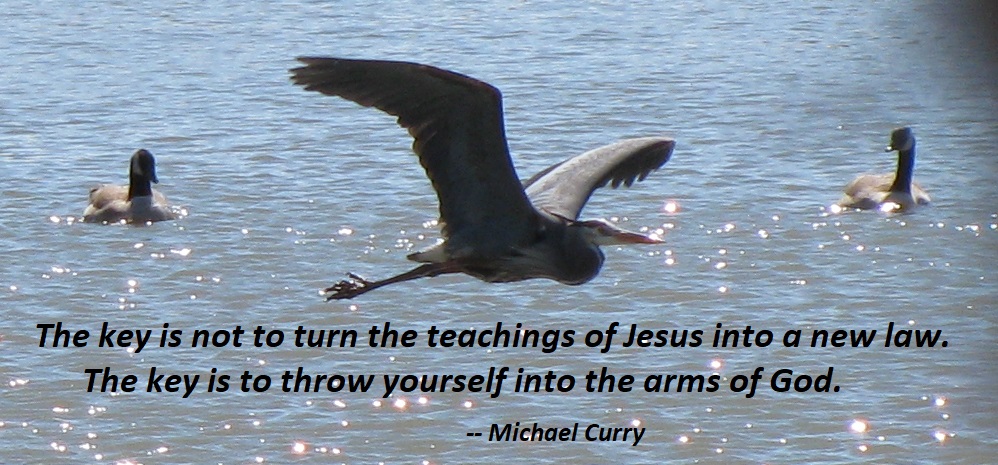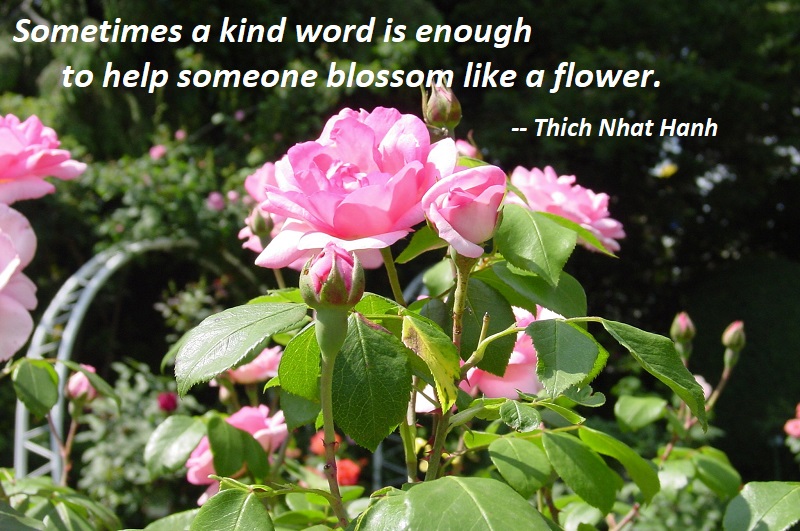Joy in the Ordinary
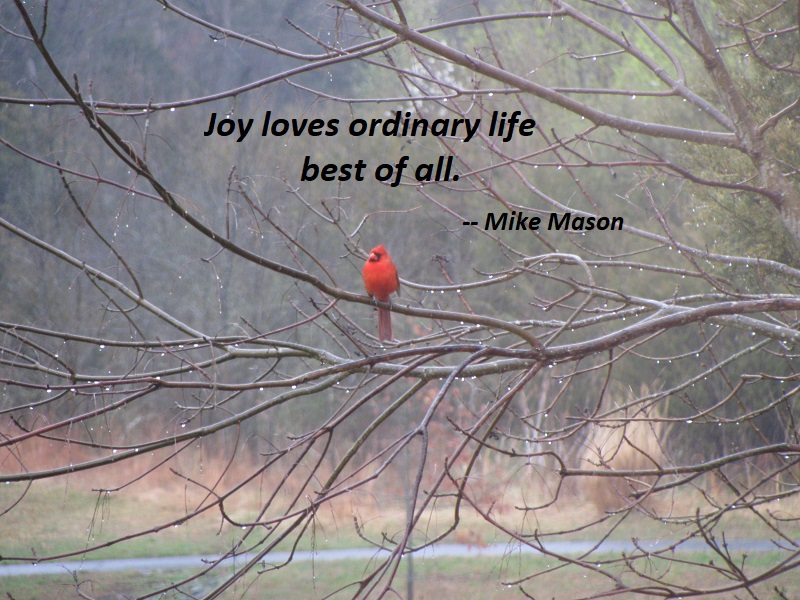
As I examined the reasons for my joy in the midst of the most ordinary days, I realized that joy loves ordinary life best of all. Joy thrives on what all the rest of the world overlooks. The smaller, the plainer, the more lowly the circumstances, the happier joy is.
Of course joy can also thrive in exotic and thrilling situations. Joy itself does not inhere, however, in the exotic and the thrilling, which are rare, but in the ordinary, which is everywhere. As I ride on a roller coaster with my daughter, what produces joy is not the roller-coaster but the fact of sharing an experience with my daughter, which I could also do at home. Or maybe it’s watching the people in the car ahead that brings me joy, or noticing the way the sun shines on the rooftops around. Without the enjoyment of such ordinary things, a roller-coaster ride falls flat.
Those who think of joy as flashy and exciting will also find it fickle, for not much of life is glitzy. True joy, far from being loud and capricious, is by nature just the opposite — quiet and faithful.
— Mike Mason, Champagne for the Soul, p. 139-140
Photo: South Riding, Virginia, April 5, 2019
